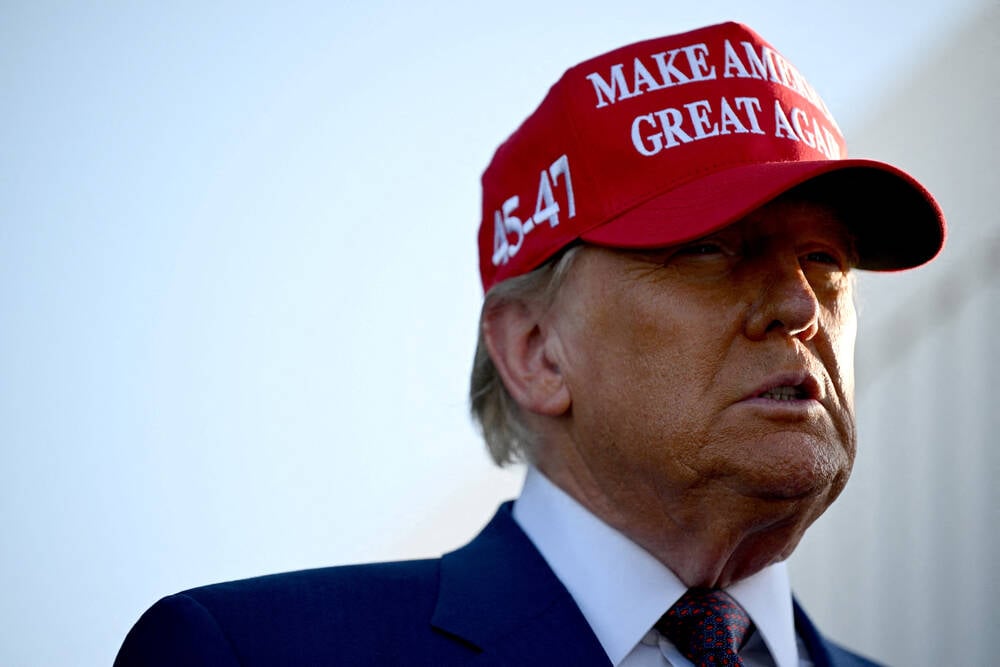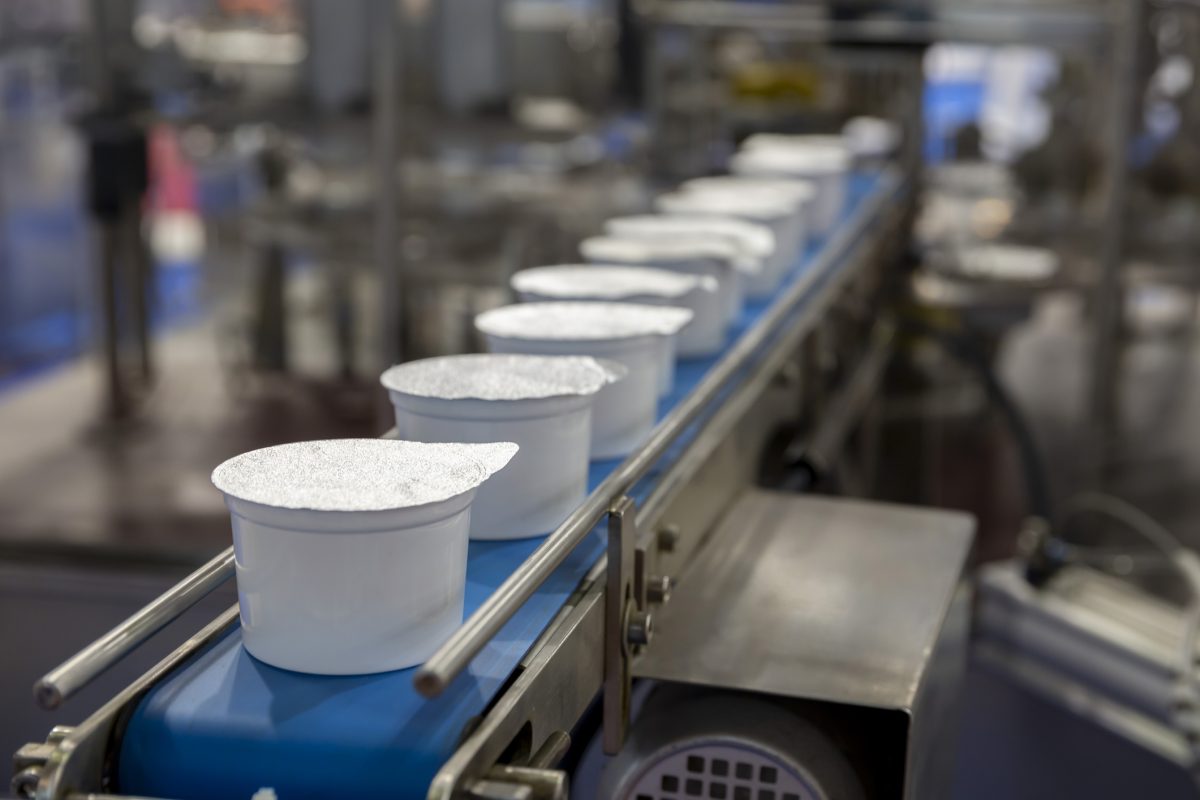CUSMA-compliant goods maintain exemption as Trump announces new duties

Washington | Reuters — President Donald Trump said on Wednesday that he would impose a 10 per cent baseline tariff on all imports to the United States and higher duties on dozens of the country’s biggest trading partners.
CUSMA-compliant goods will not see new tariffs according to a senior White House official, while non-CUSMA compliant goods will continue to be subject to 25 per cent levies.
Trading partners are expected to respond with countermeasures of their own that could lead to dramatically higher prices for everything from bicycles to wine. U.S. stock futures sank following his announcement.
Read Also


Strong year predicted for Canadian dairy products, meat processors expect squeeze
It’s projected to be a strong year for dairy product makers, while meat product manufacturers’ margins may be squeezed as rising prices fail to offset higher input costs, Farm Credit Canada (FCC) said in its new Food and Beverage Report.
“It’s our declaration of independence,” Trump said at an event in the White House Rose Garden.
Trump displayed a poster that listed reciprocal tariffs, including 34 per cent on China and 20 per cent on the European Union, as a response to duties put on U.S. goods.
A White House official, speaking on condition of anonymity, said those penalties will take effect on April 9 and will apply to about 60 countries in all.
Canada and Mexico, the two largest U.S. trading partners, already face 25 per cent tariffs on many goods.
The baseline 10 per cent tariff will take effect on Saturday, the official said.
Following his remarks, Trump signed an order to remove a “de minimis” tariff exemption on low-cost products. Trump is also planning other tariffs targeting semiconductors, pharmaceuticals, and potentially critical minerals, the official said.
Trump’s barrage of penalties has rattled financial markets and businesses that have relied on trading arrangements that have been in place since the middle of last century.
The administration has said the new tariffs will take effect immediately after Trump announces them, though it has not yet published the official notice required for enforcement.
The administration, however, did publish an official notice that a separate set of tariffs on auto imports that Trump announced last week will take effect starting on April 3.
Trump has already imposed 20 per cent duties on all imports from China and 25 per cent duties on steel and aluminum and extended them to nearly $150 billion worth of downstream products.
His advisers say the tariffs will return strategically vital manufacturing capabilities to the United States.
Outside economists have warned that tariffs could slow the global economy, raise the risk of recession, and increase living costs for the average U.S. family by thousands of dollars. Businesses have complained that Trump’s barrage of threats has made it difficult to plan their operations.
Tariff concerns have already slowed manufacturing activity across the globe, while also spurring sales of autos and other imported products as consumers rush to make purchases before prices rise.
Financial markets were volatile as investors awaited Trump’s announcement. U.S. stocks have erased nearly $5 trillion of value since February.
— Additional reporting by Kanishka Singh and Steve Holland
Source: Farmtario.com


